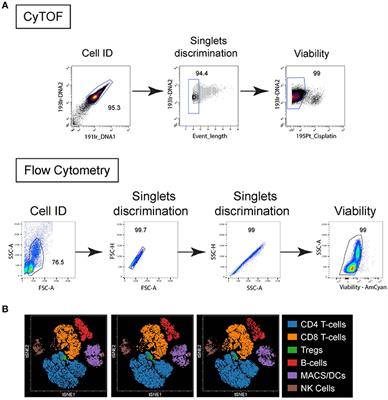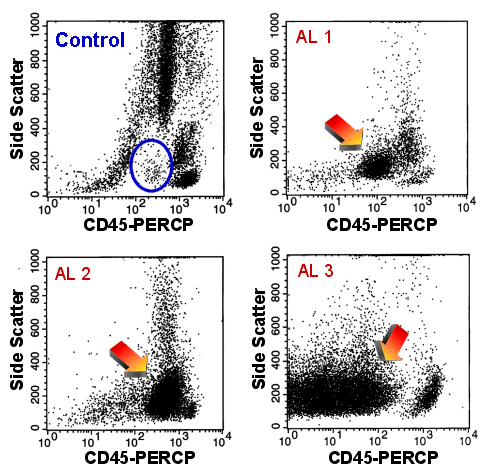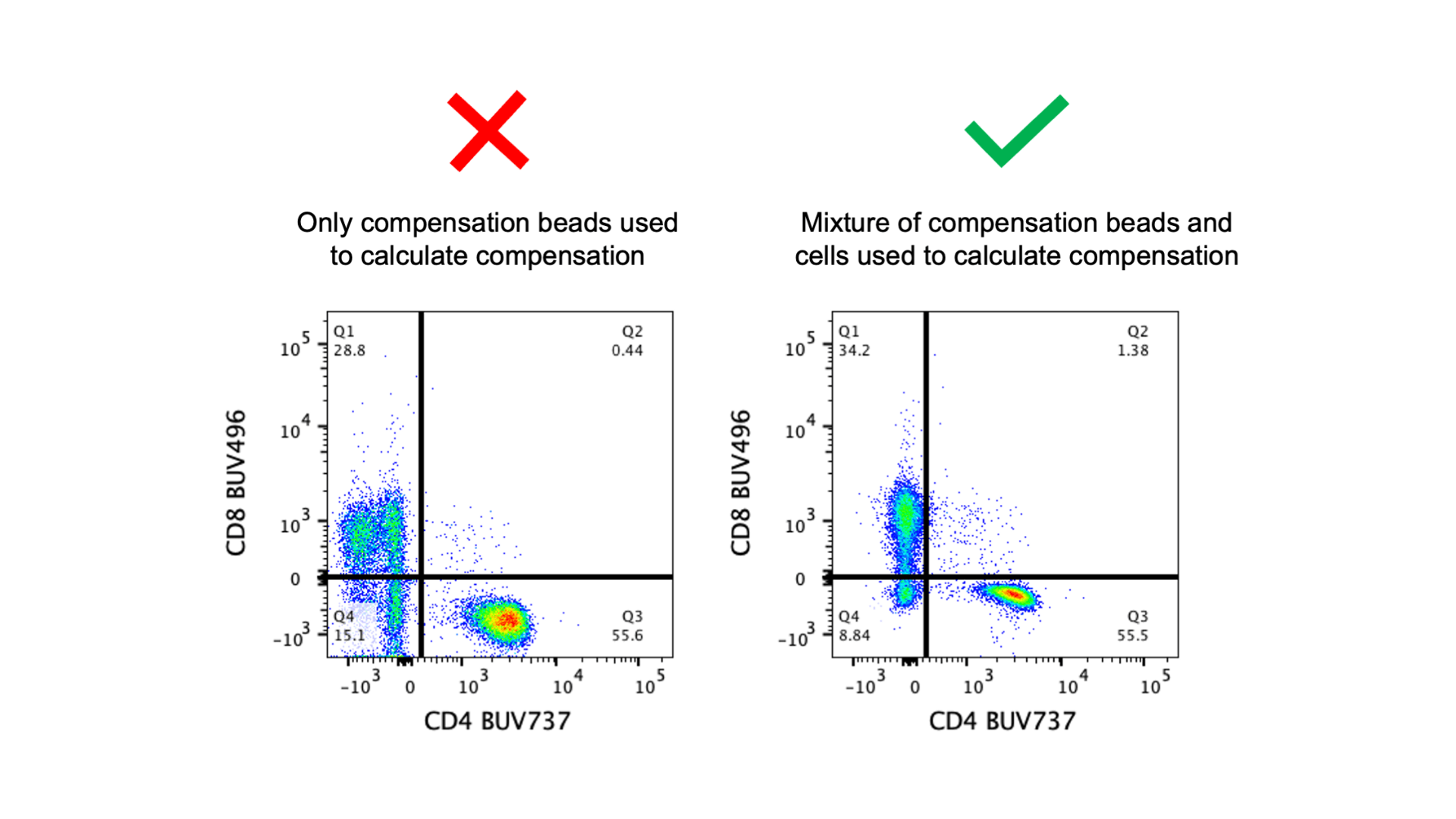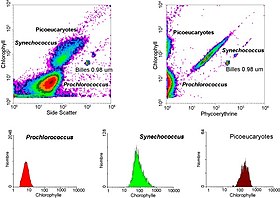flow cytometry results explained
Scientists use flow cytometry to differentiate between different types of cells or microscopic organisms. Flow cytometry is a popular cell biology technique that utilizes laser-based technology to count sort and profile cells in a heterogeneous fluid mixture.

Flow Cytometry Verbsky Youtube
Flow cytometry is a laboratory method used to detect identify and count specific cells.

. The information is based on. Recent advances in fluorescence-activated cell sorting FACS. Originally developed in the late 1960s flow cytometry is a popular analytical cell-biology technique that utilizes light to count and profile cells in a heterogenous fluid mixture.
Recent advances in flow cytometry technologies are changing how researchers collect look at and present their data. Flow cytometry is the measurement of chemical and physical properties of cells as they flow one by one through an integration point most commonly a laser. Todays flow cytometers are capable of.
How to Understand Flow Cytometry Results. For those samples with 4 million cells acquired concordant results were obtained in 93 of samples. Most discordances were clarified upon high-throughput sequencing of.
It is a tool used in. Flow cytometry data are commonly visualized in 1 of 2 ways. The results of a flow cytometry test will show how many irregular cells are present in white blood cells or bone marrow.
A diagnosis of CLL requires at least 5000 irregular cells. First developed in the 1960s and 1970s flow cytometry is a technique that utilizes a specialized fluid system to continuously pull individual cells into a. Flow cytometry is a widely used method for analyzing the expression of cell surface and intracellular molecules characterizing and defining different cell types in a heterogeneous cell.
A scatterplot also known as a dot plot pictured. The scatterplot and the histogram. Flow cytometry is unique in its ability to measure analyze and study vast numbers of homogenous or heterogeneous cell populations.
Specific components within cells can be identified using this method. Explained in detail below. As cells scatter laser light in.
Flow cytometry results and analysis. Flow cytometry is a powerful tool for measuring the properties of single cells or particles and has a wide range of applications in research and diagnostics.

Frontiers Validation Of Cytof Against Flow Cytometry For Immunological Studies And Monitoring Of Human Cancer Clinical Trials

Standardized Flow Cytometry Based Protocol To Simultaneously Measure Transcription Factor Levels Sciencedirect

Blog Flow Cytometry Data Analysis I What Different Plots Can Tell You

Show Dot Blot Analysis Of Flow Cytometry Data Of Cd4 Cd8 Of Two Cases Download Scientific Diagram

Human Biology Flow Cytometry Data Analysis Biology Stack Exchange

Flow Cytometric Analysis Of Leukemia And Lymphoma The Basics

Cell Cycle Analysis By Flow Cytometry Thermo Fisher Scientific Us

Guidelines For The Presentation Of Flow Cytometric Data Sciencedirect

Flow Cytometry Introduction Abcam

Flow Cytometry Basics Flow Cytometry Miltenyi Biotec Technologies Macs Handbook Resources Miltenyi Biotec Usa

Usmle Step 1 Flow Cytometry Youtube

Overview Of Flow Cytometry Cell Signaling Technology

What Is Flow Cytometry Facs Analysis

How To Identify Problems With Flow Cytometry Experiment Design Bad Data Part 3 Cytometry And Antibody Technology

Flow Cytometry And The Sheath Fluid You Use Lab Manager

Gating Strategies For Effective Flow Cytometry Data Analysis Bio Rad

Flow Cytometry Multiplexed Method For The Detection Of Neutralizing Human Antibodies To The Native Sars Cov 2 Spike Protein Embo Molecular Medicine

Overview Of High Dimensional Flow Cytometry Data Analysis A Fcs Download Scientific Diagram
